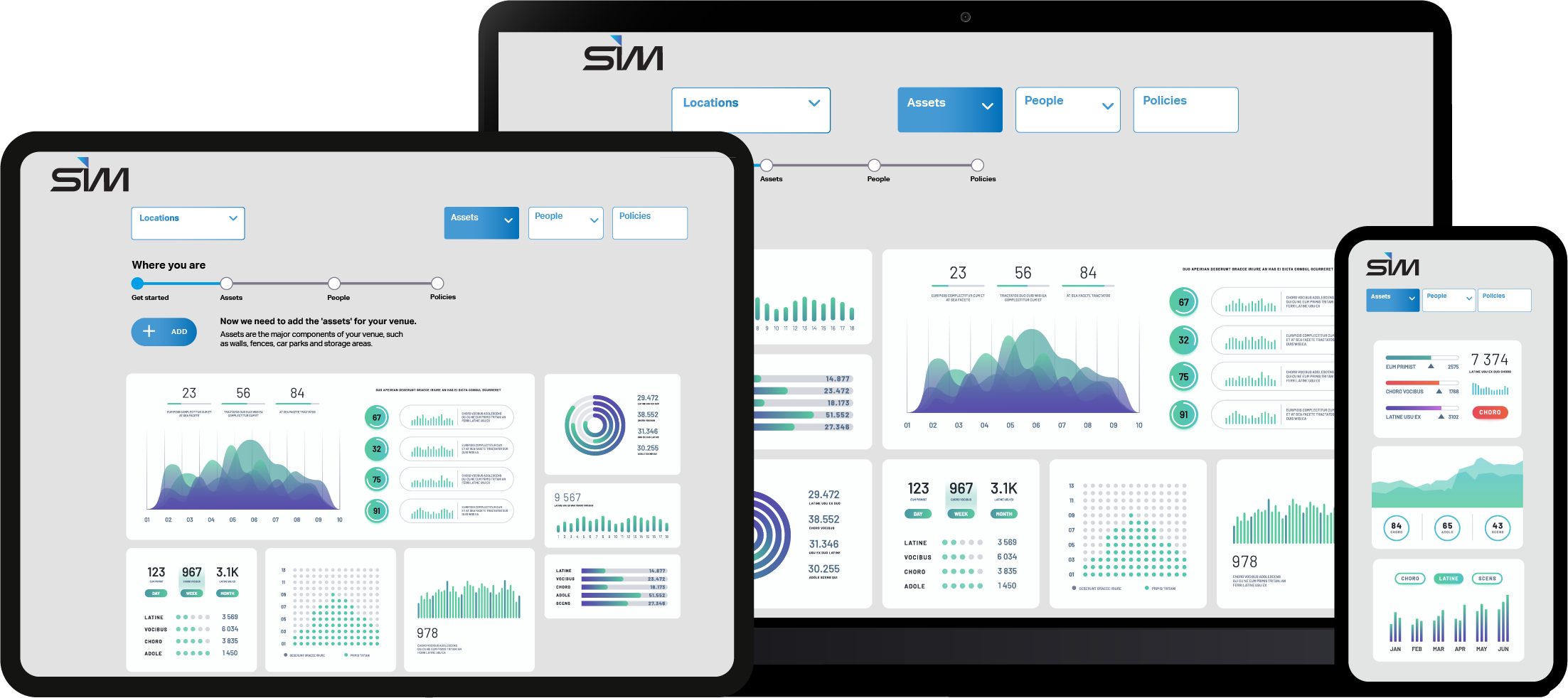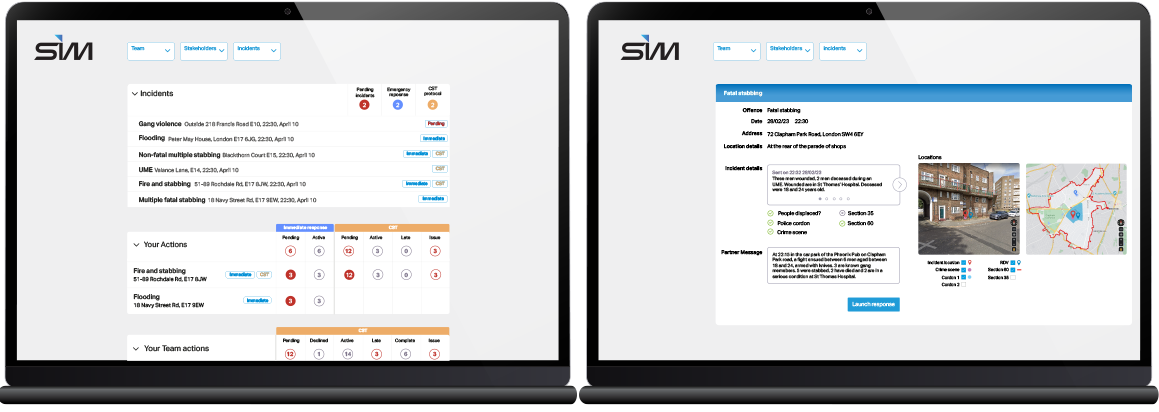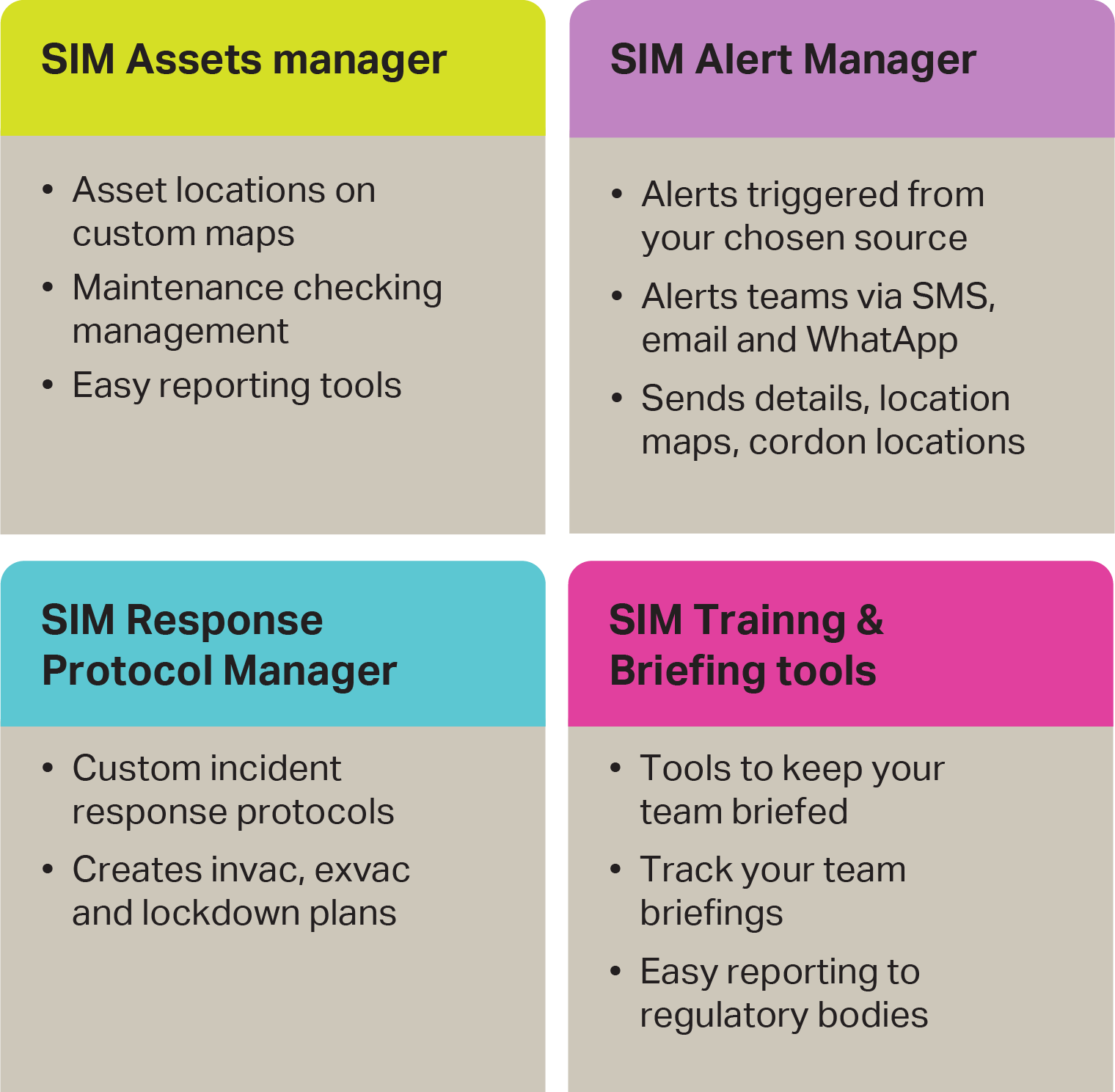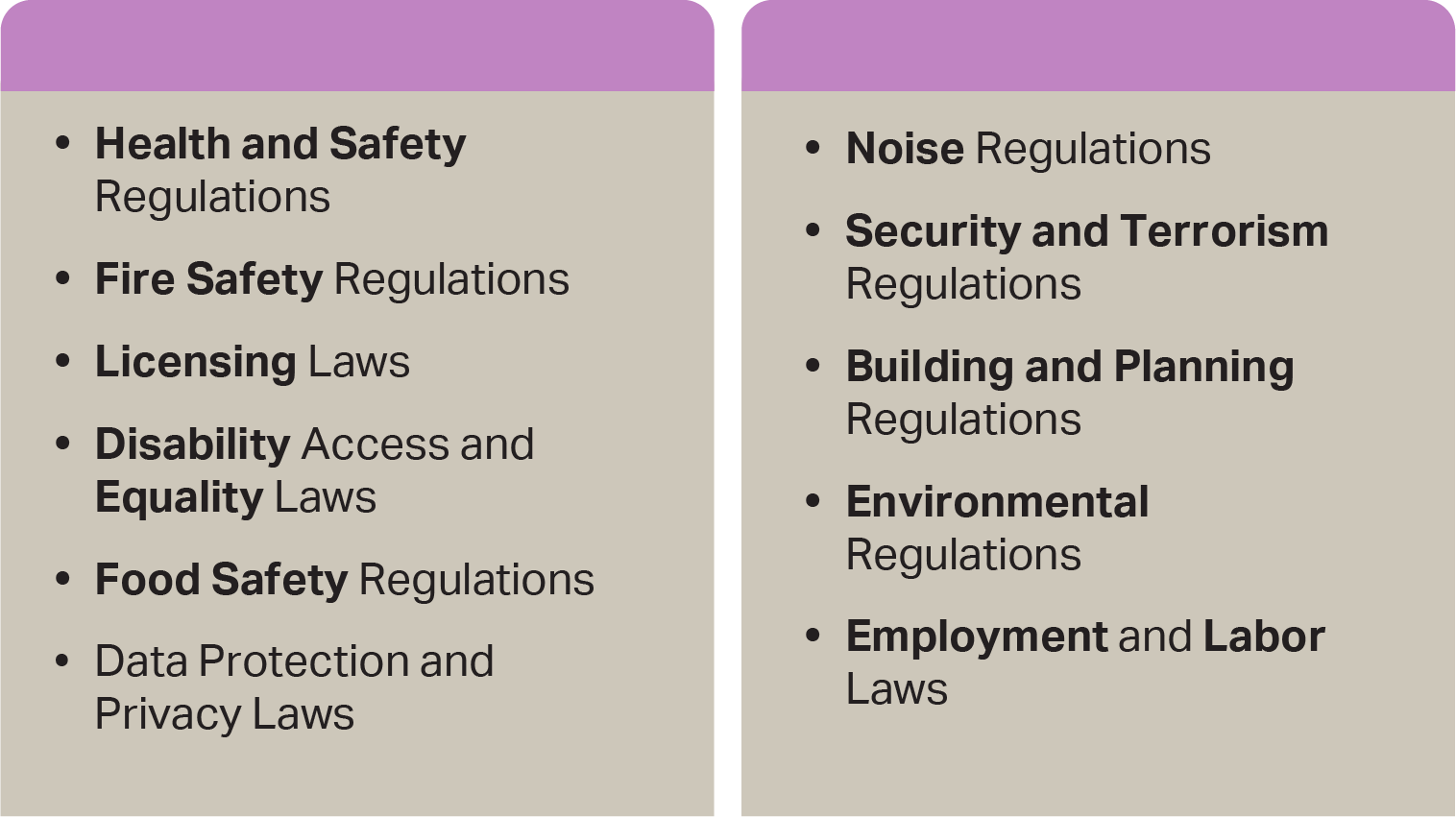GRC stands for Governance, Risk Management, and Compliance. It is an integrated approach that organizations use to align their objectives with governance principles, manage risks effectively, and ensure compliance with relevant laws, regulations, and internal policies.
• Governance involves the framework and processes that guide an organization’s leadership and decision-making.
• Risk Management refers to identifying, assessing, and mitigating risks that could impact the organization’s ability to achieve its goals.
• Compliance ensures that the organization adheres to external regulations and internal standards.
Together, GRC helps organizations operate efficiently, avoid potential issues, and achieve strategic objectives while maintaining legal and ethical standards.
































